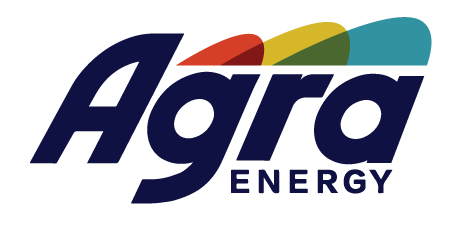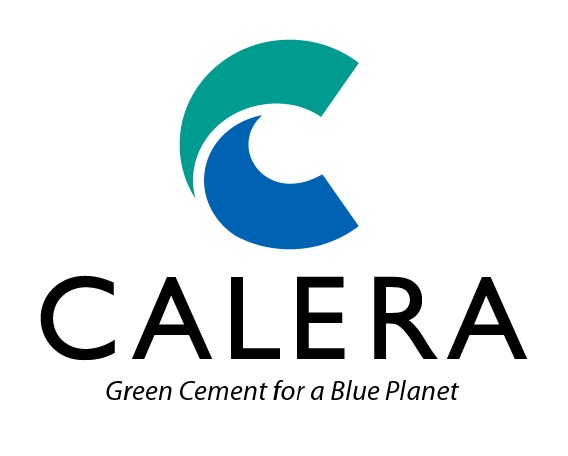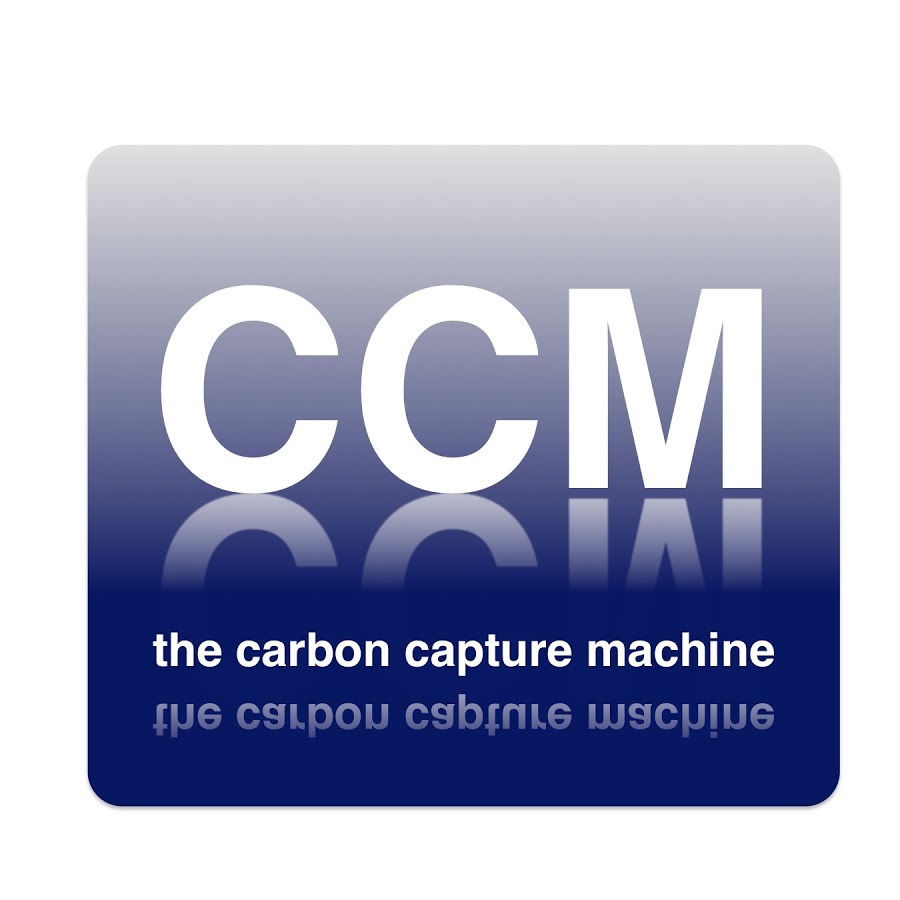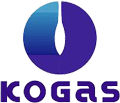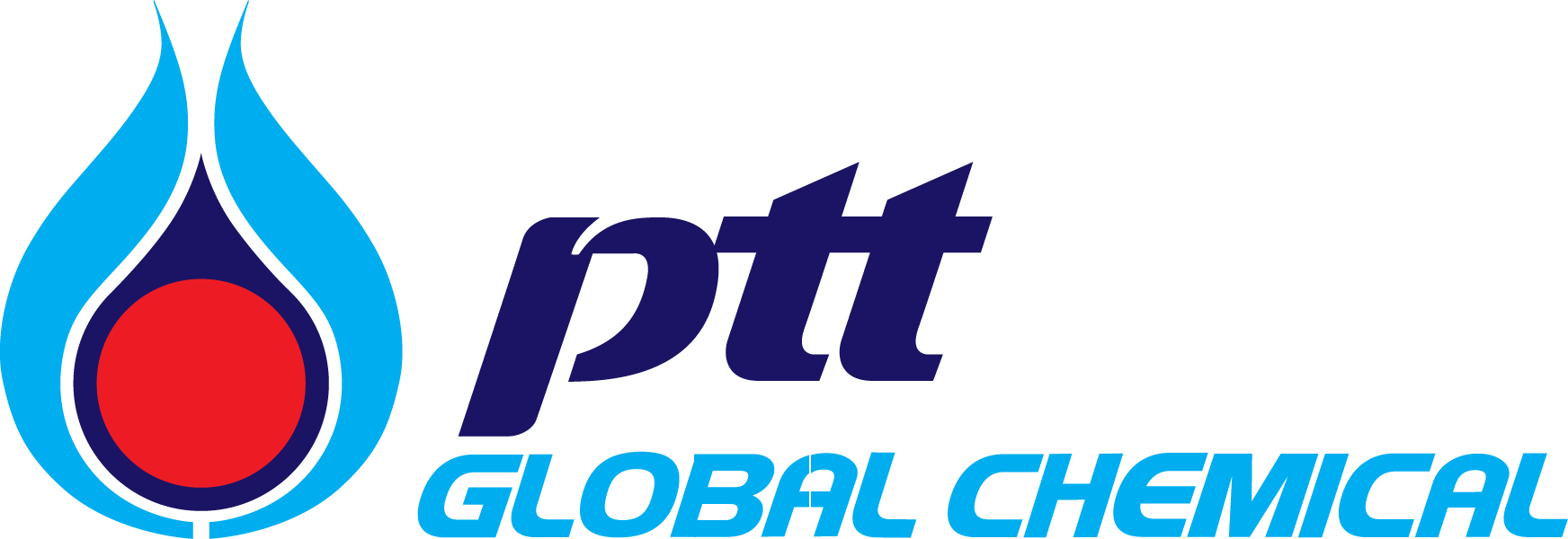Process Bypasses the Cumbersome and Costly Oil Extraction Step that has Hindered Growth of the Algal Fuel Industry
MT. PROSPECT, ILL – (BUSINESS WIRE) – Unitel Technologies announced that it has received a patent for a new technology to make fatty acids from a feedstock “soup” of cultivated algae and water.
Over the last fifteen years, venture capitalists, equity investors and several government agencies have spent hundreds of millions of dollars to develop and commercialize algae fuel opportunities. Unfortunately, many of these attempts have either failed or yielded only marginal results. In the meantime, announcements were replete with graphic renderings of algae ponds and production plants including claims that algae derived fuels can beat the cost of crude oil.
Since then, many of the “algae” companies in the USA have drifted away from their original fuel objectives and switched their interest into low volume production of food supplements, cosmetics, and other specialty retail items.
“The major stumbling block in the algae space has to do with the fact that all the players want to start with immobilized algal oil,” says Serge Randhava, CEO of Unitel. “That’s easy to do in a laboratory environment, but real life is a very different situation. You have to deal with massive volumes of water, followed by complicated dewatering, drying and oil extraction operations. In some instances, the amount of energy consumed for this purpose can actually exceed the energy value of the algal oil,” he adds.
Unitel’s approach offers a radical departure from the standard practice. Instead of focusing on oil, the Unitel patent teaches the concept of directly converting the algae “soup” into fatty acids, an easier starting point for decarboxylation and conversion into paraffinic hydrocarbons (alkanes), followed by mild hydrocracking and hydroisomerization to make biojet fuel comprised of C10-C15 branched paraffins.
In the Unitel process, the primary feedstock – a slurry or “soup” of water and cultivated algae (1% to 20%) by weight is continuously treated in a choice of hydrolysis reactors to yield 1) a fatty acid product, 2) a “sweet” water stream containing glycerol and other solubles, and 3) deoiled algal biomass. A small fraction of the fatty acid product is fed back into the reactor as catalyst.
Contact:
Serge Randhava
Unitel Technologies, Inc.
1-847-297-2265
SergeR@uniteltech.com
